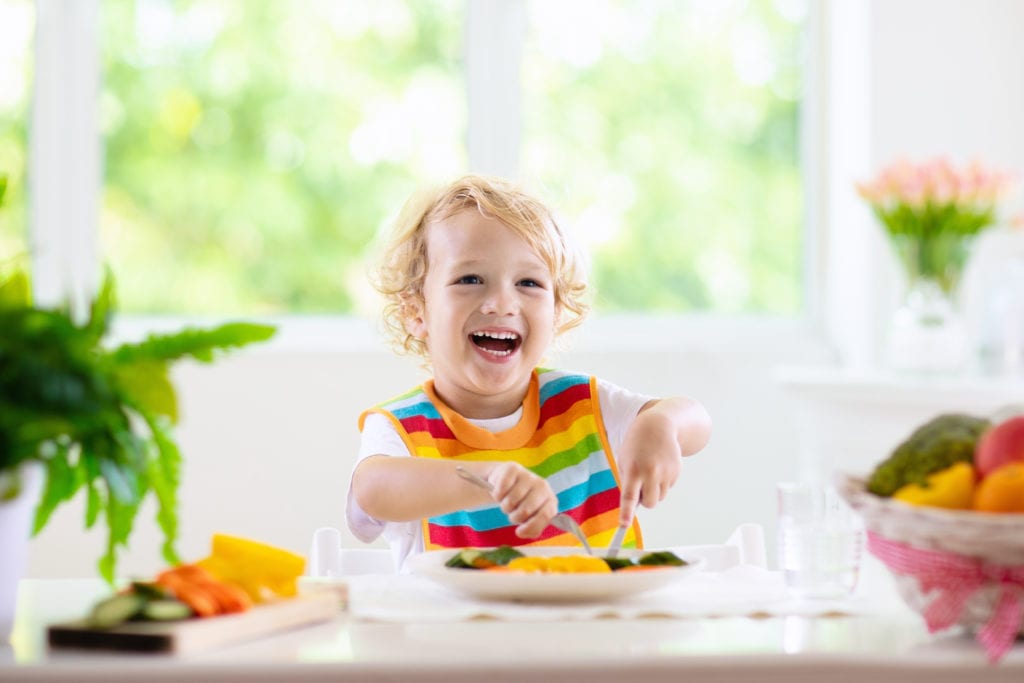As a first time mother or even as a single mother, you may find yourself wondering if the quality of food that you’re giving to your child is really all that it could be.
While breastfeeding can be a great way to provide youngsters with all the nutrients that they need to develop in a healthy way, as babies are weaned, you may struggle with a few questions, specifically about whether it’s better to make your own baby food or purchase it from a store.
Even if you haven’t given birth yet and are still just getting ready for baby
, it’s important that you make informed choices about your baby’s future nutrition and how you intend to manage his or her health needs.
With these helpful tips, you can make better, more informed choices about your child’s eating habits in the most formative months of his or her life.
Choosing store-bought baby food
Many busy working mothers or women in need of single mother help may not have time to make their own baby food, but instead may rely on purchasing food from a supermarket or grocery store nearby in order to feed their children.
While these foods can be ample and easy to pick up, their convenience also means that parents have less control over what their children are consuming. This can also be expensive over time and make it difficult for mothers to balance other expenses that may emerge in the household.
The benefits of homemade food
Mothers who are searching for a way to give their babies the right amount of nutrients and save on baby food expenses should consider making their own food for their little ones.
This may seem difficult, but it’s actually a relatively straightforward step-by-step process that can ensure that babies receive all the nutrients they need, without the risk of exposing little ones to processed foods or artificial ingredients that could be harmful.
When it comes to putting baby food together, a few simple basics always hold true. Women should avoid using canned fruits or vegetables that may have salt or added sugar inside, and should also keep honey out of baby food blends, as this has been linked to botulism.
Meats that are prepared in baby foods should be baked, stewed or broiled, and the skin should be trimmed of all fat before serving. Fresh produce should also be washed and the cores of any fruits or vegetables should be removed.
